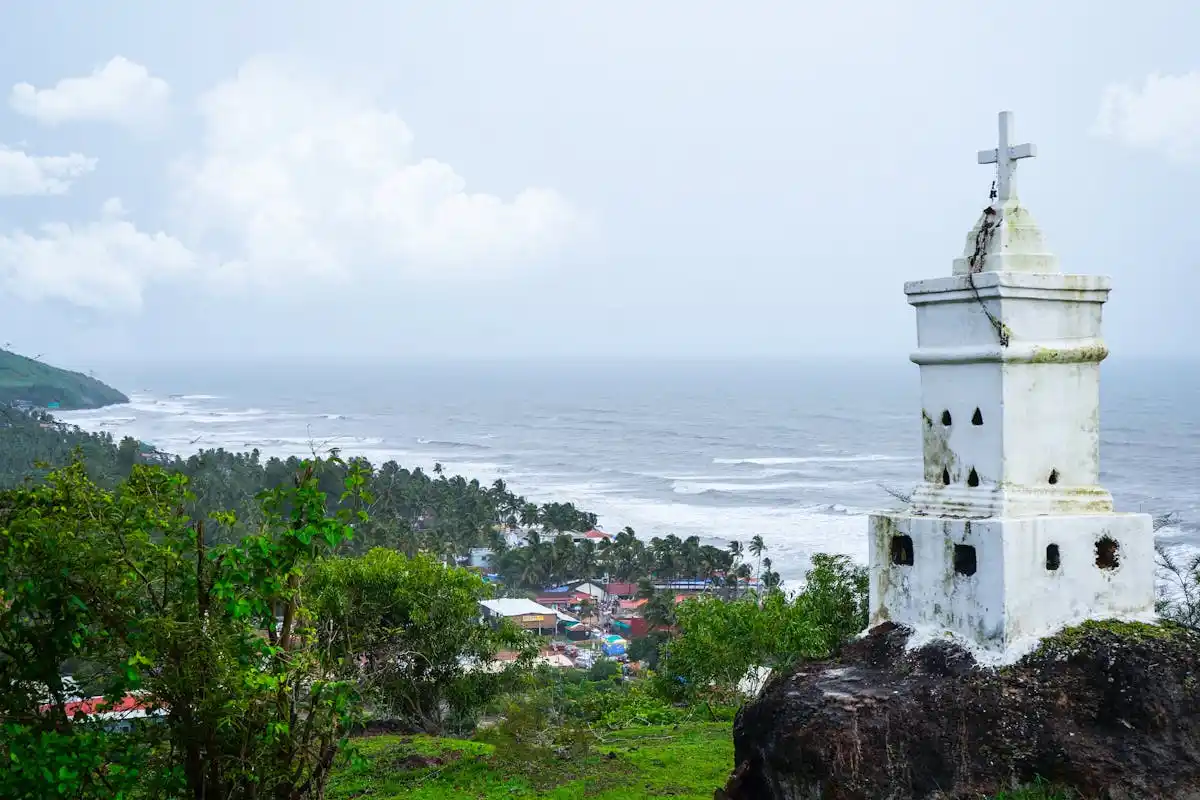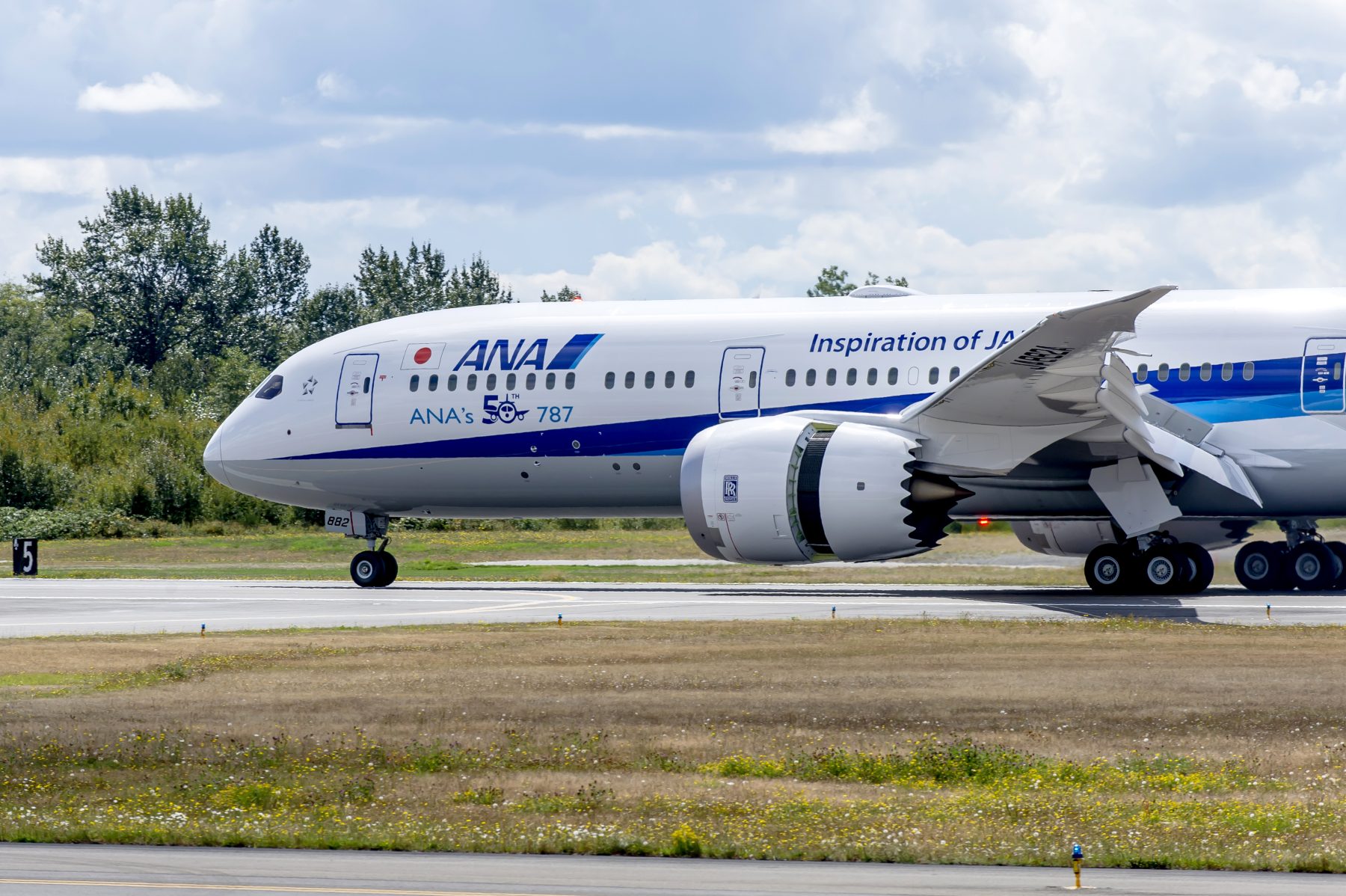V Resorts Raises $10 Million for Branded Resorts: Travel Startup Funding This Week

Skift Take

Travel Startup Funding This Week
Each week we round up travel startups that have recently received or announced funding. Please email Travel Tech Reporter Justin Dawes at jd@skift.com if you have funding news.This week travel startups announced more than $235 million in funding.
We reported earlier this week that Klook, a travel activities and services booking platform, raised $225 million in Series D+ funding.
>>V Resorts, an asset-light network of resorts, cottages, and villas for rent, has raised $10 million in Series A funding.
Bedrock Ventures and RB Capital participated in the round.
The Indian startup, founded in Noida in 2012 and operated under New Delhi-based company Bliss Inns, raised $2 million in seed funding from SeedFund in 2015 and $2 million in follow-on funding, with RB International participating.
V Rooms has an asset-light model. It manages properties on a revenue-share basis with owners.
Aditi Balbir left a consulting job at McKinsey to create and lead the company, which now has more than 150 properties in India. In 2018, the company began selling products from local women’s groups packaged under the brand Pitara. Balbir plans for V Rooms to enter markets in South Asia and the Middle East.
>>Blockskye, a blockchain technology startup, has raised an undisclosed Series A funding round.
Airlines Reporting Corp. (ARC), an airline-owned provider of ticket transaction settlement services, participated in the round.
Blockskye recently completed a proof-of-concept project ARC in which it tested blockchain’s effectiveness to help with the reporting and settlement of United Airlines tickets.
The Boston-based startup provides inventory booking and transaction management solutions for the travel and entertainment industries using private blockchains, or distributed ledgers.
Skift Cheat Sheet:
We define a startup as a company formed to test and build a repeatable and scalable business model. Few companies meet that definition. The rare ones that do often attract venture capital. Their funding rounds come in waves.
Seed capital is money used to start a business, often led by angel investors and friends or family.
Series A financing is typically drawn from venture capitalists. The round aims to help a startup's founders make sure that their product is something that customers truly want to buy.
Series B financing is mainly about venture capitalist firms helping a company grow faster, or scale up. These fundraising rounds can assist with recruiting skilled workers and developing cost-effective marketing.
Series C financing is ordinarily about helping a company expand, such as through acquisitions. In addition to VCs, hedge funds, investment banks, and private equity firms often participate.
Series D, E and beyond These mainly mature businesses and the funding round may help a company prepare to go public or be acquired. A variety of types of private investors might participate.
Check out our previous startup funding roundups, here.





